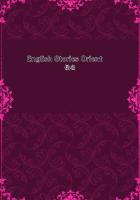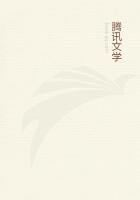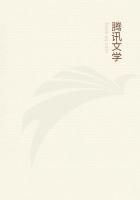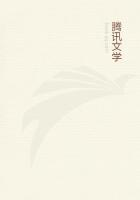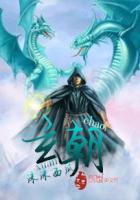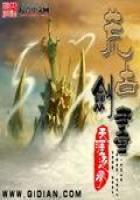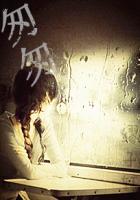But how can perception and sensation [implied in ensoulment] be supposed to occur in the earth?
How do they occur in the stars? Feeling does not belong to fleshy matter: soul to have perception does not require body; body, on the contrary, requires soul to maintain its being and its efficiency, judgement [the foundation of perception] belongs to the soul which overlooks the body, and, from what is experienced there, forms its decisions.
But, we will be asked to say what are the experiences, within the earth, upon which the earth-soul is thus to form its decisions:
certainly vegetal forms, in so far as they belong to earth have no sensation or perception: in what then, and through what, does such sensation take place, for sensation without organs is too rash a notion.Besides, what would this sense-perception profit the soul?
It could not be necessary to knowledge: surely the consciousness of wisdom suffices to beings which have nothing to gain from sensation?
This argument is not to be accepted: it ignores the consideration that, apart from all question of practical utility, objects of sense provide occasion for a knowing which brings pleasure:
thus we ourselves take delight in looking upon sun, stars, sky, landscape, for their own sake.But we will deal with this point later:
for the present we ask whether the earth has perceptions and sensations, and if so through what vital members these would take place and by what method: this requires us to examine certain difficulties, and above all to decide whether earth could have sensation without organs, and whether this would be directed to some necessary purpose even when incidentally it might bring other results as well.
23.A first principle is that the knowing of sensible objects is an act of the soul, or of the living conjoint, becoming aware of the quality of certain corporeal entities, and appropriating the ideas present in them.
This apprehension must belong either to the soul isolated, self-acting, or to soul in conjunction with some other entity.
Isolated, self-acting, how is it possible? Self-acting, it has knowledge of its own content, and this is not perception but intellection: if it is also to know things outside itself it can grasp them only in one of two ways: either it must assimilate itself to the external objects, or it must enter into relations with something that has been so assimilated.
Now as long as it remains self-centred it cannot assimilate: a single point cannot assimilate itself to an external line: even line cannot adapt itself to line in another order, line of the intellectual to line of the sensible, just as fire of the intellectual and man of the intellectual remain distinct from fire and man of the sensible.
Even Nature, the soul-phase which brings man into being, does not come to identity with the man it shapes and informs: it has the faculty of dealing with the sensible, but it remains isolated, and, its task done, ignores all but the intellectual as it is itself ignored by the sensible and utterly without means of grasping it.
Suppose something visible lying at a distance: the soul sees it;now, admitting to the full that at first only the pure idea of the thing is seized- a total without discerned part- yet in the end it becomes to the seeing soul an object whose complete detail of colour and form is known: this shows that there is something more here than the outlying thing and the soul; for the soul is immune from experience; there must be a third, something not thus exempt; and it is this intermediate that accepts the impressions of shape and the like.
This intermediate must be able to assume the modifications of the material object so as to be an exact reproduction of its states, and it must be of the one elemental-stuff: it, thus, will exhibit the condition which the higher principle is to perceive; and the condition must be such as to preserve something of the originating object, and yet not be identical with it: the essential vehicle of knowledge is an intermediary which, as it stands between the soul and the originating object, will, similarly, present a condition midway between the two spheres, of sense and the intellectual-linking the extremes, receiving from one side to exhibit to the other, in virtue of being able to assimilate itself to each.As an instrument by which something is to receive knowledge, it cannot be identical with either the knower or the known:
but it must be apt to likeness with both- akin to the external object by its power of being affected, and to the internal, the knower, by the fact that the modification it takes becomes an idea.
If this theory of ours is sound, bodily organs are necessary to sense-perception, as is further indicated by the reflection that the soul entirely freed of body can apprehend nothing in the order of sense.
The organ must be either the body entire or some member set apart for a particular function; thus touch for one, vision for another.The tools of craftsmanship will be seen to be intermediaries between the judging worker and the judged object, disclosing to the experimenter the particular character of the matter under investigation: thus a ruler, representing at once the straightness which is in the mind and the straightness of a plank, is used as an intermediary by which the operator proves his work.
Some questions of detail remain for consideration elsewhere: Is it necessary that the object upon which judgement or perception is to take place should be in contact with the organ of perception, or can the process occur across space upon an object at a distance? Thus, is the heat of a fire really at a distance from the flesh it warms, the intermediate space remaining unmodified; is it possible to see colour over a sheer blank intervening between the colour and the eye, the organ of vision reaching to its object by its own power?
For the moment we have one certainty, that perception of things of sense belongs to the embodied soul and takes place through the body.

